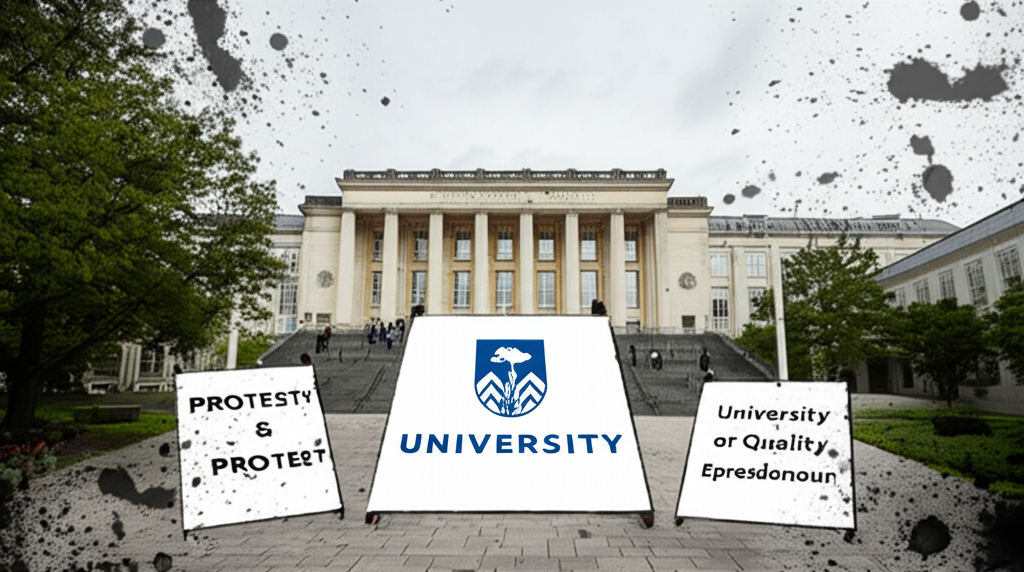- The Issue: Detention of Rumeysa Ozturk, a Turkish student at Tufts University.
- The Allegation: Involvement in pro-Palestinian campus activism.
- Tufts’ Response: Public demand for her release and defense of her academic pursuits.
- Wider Context: Crackdown on universities and student activism by the Trump administration.
- Key Question: Is this a suppression of free speech or a necessary measure to maintain order on campuses?
Tufts Stands Up for Its Student
Tufts University isn’t backing down. They’ve publicly declared their support for Rumeysa Ozturk, a doctoral candidate who was picked up by federal agents last week. University President Sunil Kumar signed a legal declaration demanding her immediate release, so she can get back to her studies. The university insists that she is a valuable member of their community and deserves to complete her degree without further disruption.
The Arrest: Caught on Camera
A video showing masked agents arresting Ozturk on a sidewalk has gone viral, sparking outrage online. People are worried about the implications for free speech and due process, especially under the current administration. The video fuels the debate over whether the government is overstepping its bounds in targeting student activism.
Is This a Wider Crackdown on Campus Protests?
Tufts isn’t alone. The Trump administration has been cracking down on universities that have become hubs for student protests, particularly those related to the conflict in Gaza. We’re talking about stripping federal funds and even deporting foreign students who are participating in these demonstrations. Critics are saying this is nothing but political retaliation, designed to silence dissenting voices. Supporters, on the other hand, argue that it’s about restoring order and protecting Jewish students from anti-Semitism.
Tufts Defends Ozturk’s Character
The university is adamant that they have no evidence to suggest Ozturk was involved in any activities that would warrant her arrest. They describe her as a dedicated student who is well-respected by her peers and professors. They also point out that she co-authored an article in the student newspaper criticizing the university’s handling of student anger surrounding the conflict in Gaza. This suggests her detention may be linked to her outspoken views.
Trump’s Target: Top Universities
It’s not just Tufts. Institutions like Columbia University are also in the crosshairs. The government has reviewed hundreds of millions of dollars in funding and detained students linked to pro-Palestinian movements. Columbia made some concessions, agreeing to changes in how they define anti-Semitism and police protests. But even that wasn’t enough to fully satisfy the Trump administration. Harvard University is also facing scrutiny, with billions of dollars in funding under review due to allegations of anti-Semitism.
The Bigger Picture: What’s at Stake?
This situation raises some serious questions about the balance between national security, free speech, and academic freedom. Are these measures necessary to combat anti-Semitism and maintain order on college campuses? Or are they an attempt to silence dissent and stifle critical thinking? The outcome of this case could have far-reaching consequences for universities and students across the United States.


